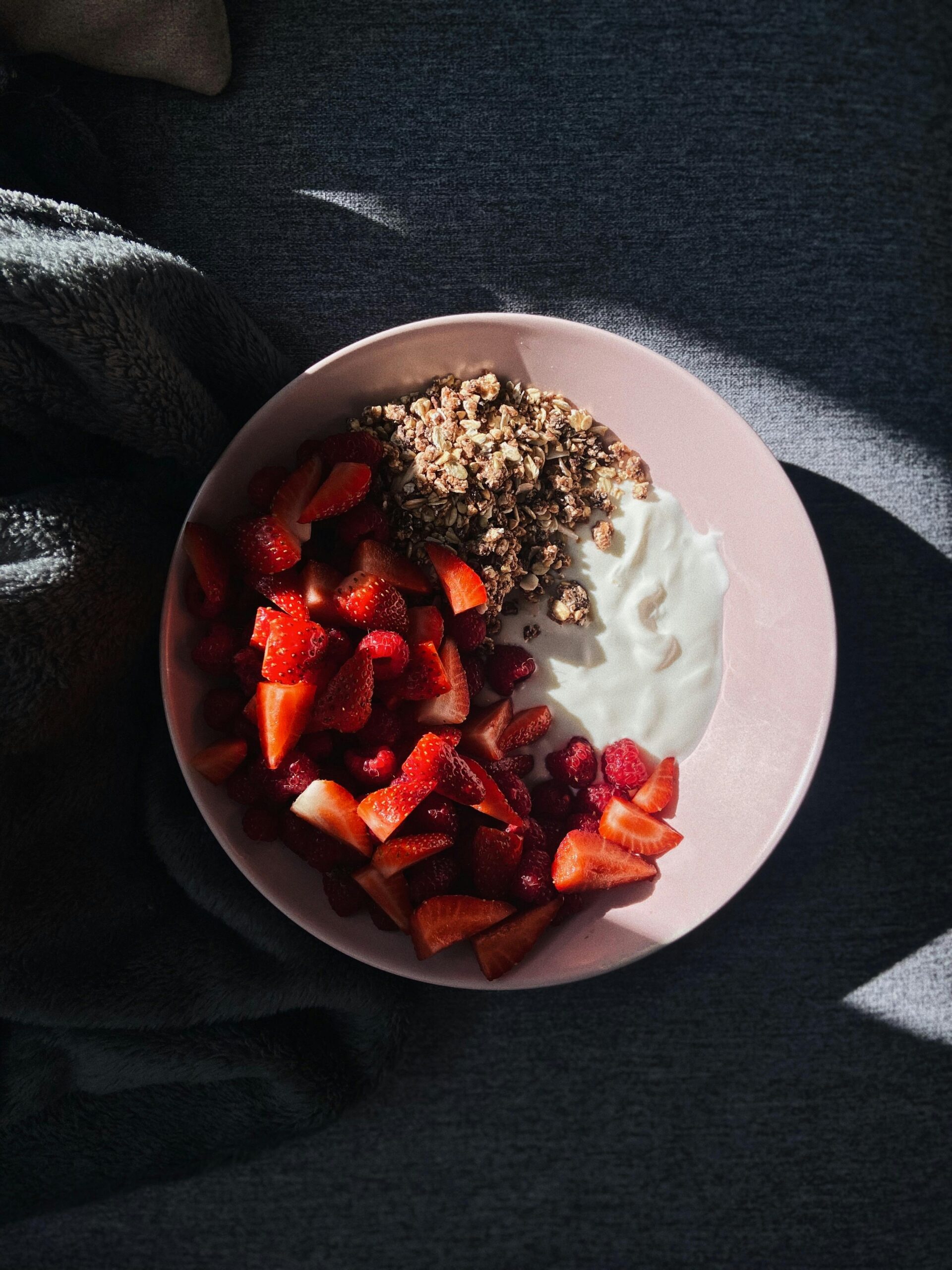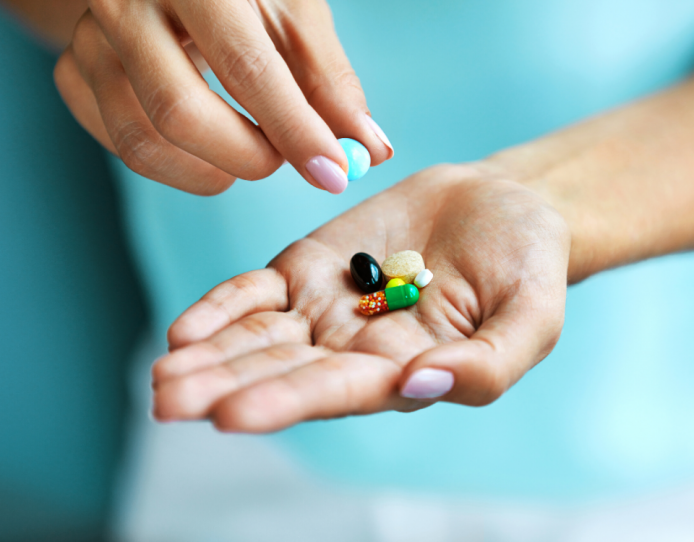How Microbiome Affects Human Health: What You Need to Know

Have you ever stopped to think that your body is more bacteria than human? It might sound strange, but it’s true. How microbiome affects human health is a topic gaining attention as we uncover the powerful role these microorganisms play in our overall well-being. Trillions of microorganisms—collectively known as the microbiome—live in and on your body. These microscopic allies are not just passengers; they actively support your health, influencing everything from digestion to mental well-being.
The Microbiome: Your Invisible Health Partner
The human microbiome is a diverse ecosystem of bacteria, fungi, and viruses that inhabit various parts of your body, including the gut, skin, mouth, and even the reproductive tract. According to a review published on ResearchGate, these microorganisms coevolved with humans and play a profound role in promoting health. However, disruptions to this delicate balance can lead to various health issues.
How Does the Microbiome Affect Human Health?
How microbiome affects human health can be seen in several critical ways, influencing multiple aspects of your well-being. Here’s how:
- Gut Health and Digestion
Beneficial bacteria in the gut help break down complex carbohydrates, synthesize essential vitamins like K and B12, and produce short-chain fatty acids (SCFAs). These SCFAs promote gut health, regulate blood sugar, and support the immune system. - Immune System Regulation
About 70% of your immune system resides in your gut. The microbiome helps train immune cells to distinguish between harmful pathogens and harmless substances, reducing chronic inflammation and autoimmune disorders. - Mental Health and the Gut-Brain Axis
Your gut and brain communicate through the gut-brain axis. Beneficial bacteria produce neurotransmitters like serotonin and GABA, which influence mood, sleep, and cognitive function. A balanced microbiome may help manage anxiety and depression. - Hormonal Balance
The microbiome plays a role in hormone regulation. For women, gut bacteria influence estrogen levels, which can impact reproductive health and conditions like PCOS.
The Microbiome and Weight Management
Emerging research links gut bacteria composition to weight management. Some strains regulate metabolism, fat storage, and appetite. According to a study in Frontiers in Microbiology, imbalances (dysbiosis) can lead to weight gain, insulin resistance, and metabolic disorders. This highlights another critical way how microbiome affects human health.
Probiotics, Prebiotics, and Synbiotics: Key to a Healthy Gut
One of the easiest ways to support your microbiome is through diet and supplements. Here’s a quick breakdown:
- Probiotics: Live microorganisms that replenish good bacteria, especially after antibiotic use.
- Prebiotics: Non-digestible fibers that feed beneficial bacteria. Foods like garlic, onions, and bananas are rich in prebiotics.
- Synbiotics: A combination of probiotics and prebiotics to introduce beneficial bacteria and provide them with nutrients.
Looking for top-quality supplements? Check out my Gut Health Stack on Amazon, featuring a variety of products I personally recommend for optimal digestion and microbiome support.
Microbiome-Based Therapies
Given the microbiome’s crucial role in health, scientists are exploring innovative ways to manipulate it for therapeutic benefits. According to ResearchGate, here are some promising strategies:
- Fecal Microbiota Transplants (FMTs): Often used to treat severe gut infections, FMTs involve transferring healthy gut bacteria from a donor to a patient.
- Microbial Engineering: This cutting-edge approach involves genetically modifying bacteria to target specific diseases, such as inflammatory bowel disease (IBD) or even certain cancers.
- Personalized Microbiome Treatments: Using advanced data analysis, these treatments tailor interventions to an individual’s unique microbiome for optimal health outcomes.
Chronic Conditions Linked to Microbiome Imbalances
Disruptions in the microbiome, also known as dysbiosis, have been linked to various chronic conditions:
- Inflammatory Disorders: Dysbiosis can trigger inflammation, contributing to conditions like Crohn’s disease and rheumatoid arthritis.
- Obesity and Diabetes: An imbalanced microbiome can alter how your body processes energy, increasing the risk of weight gain and insulin resistance.
- Mental Health Issues: The gut-brain connection means that an unhealthy gut can exacerbate anxiety, depression, and even neurodegenerative diseases like Alzheimer’s.
Understanding and correcting these imbalances is key to seeing how microbiome affects human health and managing chronic diseases effectively.
How to Naturally Boost Your Gut Microbiome
By adopting mindful habits, you can nurture a healthier gut environment. Here’s how:
- Diversify Your Diet: A diverse diet promotes a diverse microbiome. Include fiber-rich foods like fruits, vegetables, whole grains, and legumes. Fermented foods such as yogurt, kefir, sauerkraut, and kimchi introduce beneficial bacteria to your gut.
- Limit Processed and Sugary Foods: Processed foods and excess sugar can disrupt the balance of your gut bacteria, encouraging harmful microbes to thrive. Stick to whole, nutrient-dense options.
- Stay Hydrated: Water supports the intestinal lining and helps maintain a healthy balance of bacteria.
- Incorporate Probiotics and Prebiotics: Probiotics introduce beneficial bacteria, while prebiotics act as their food. Together, they foster a thriving gut environment. Consider probiotic-rich foods like miso or tempeh, along with prebiotic-rich options like garlic, onions, and bananas.
- Minimize Antibiotic Use: Use antibiotics only when necessary, as they can wipe out both harmful and beneficial bacteria. Consider probiotics afterward to help restore your gut flora.
- Manage Stress: Chronic stress disrupts your microbiome. Practices like meditation, deep breathing, and yoga can help regulate stress levels.
- Stay Active: Regular exercise enhances microbial diversity and promotes overall gut health. A mix of cardio and strength training can keep your body and microbiome in sync.
Nurturing Your Microbial Future
Your microbiome is essential to your overall health, influencing everything from digestion to mental well-being. By making simple lifestyle changes, you can create a thriving gut environment that supports your health.
To help you take the guesswork out of supporting your gut, I’ve curated a trusted Gut Health Stack on Amazon, featuring supplements carefully selected to enhance digestion and promote microbial balance. Explore the stack and find the right fit for your wellness journey.
References:
Aggarwal, N., Kitano, S., Puah, G. R. Y., Kittelmann, S., Hwang, I. Y., & Chang, M. W. (2022). Microbiome and human health: current understanding, engineering, and enabling technologies. Chemical reviews, 123(1), 31-72.
Durack, J., & Lynch, S. V. (2019). The gut microbiome: Relationships with disease and opportunities for therapy. Journal of experimental medicine, 216(1), 20-40.
Fusco, W., Lorenzo, M. B., Cintoni, M., Porcari, S., Rinninella, E., Kaitsas, F., … & Ianiro, G. (2023). Short-chain fatty-acid-producing bacteria: key components of the human gut microbiota. Nutrients, 15(9), 2211.
Kim, C. H. (2018). Immune regulation by microbiome metabolites. Immunology, 154(2), 220-229.
Mimee, M., Citorik, R. J., & Lu, T. K. (2016). Microbiome therapeutics—advances and challenges. Advanced drug delivery reviews, 105, 44-54.
Rowland, I., Gibson, G., Heinken, A., Scott, K., Swann, J., Thiele, I., & Tuohy, K. (2018). Gut microbiota functions: metabolism of nutrients and other food components. European journal of nutrition, 57, 1-24.
Sun, Y., Gao, S., Ye, C., & Zhao, W. (2023). Gut microbiota dysbiosis in polycystic ovary syndrome: Mechanisms of progression and clinical applications. Frontiers in cellular and infection microbiology, 13, 1142041.
Verma, A., Inslicht, S. S., & Bhargava, A. (2024). Gut-Brain Axis: Role of Microbiome, Metabolomics, Hormones, and Stress in Mental Health Disorders. Cells, 13(17), 1436.
Share
Who is Shawn Wells?
Although I’ve suffered from countless issues, including chronic pain, auto-immunity, and depression, those are the very struggles that have led me to becoming a biochemist, formulation scientist, dietitian, and sports nutritionist who is now thriving. My personal experiences, experiments, and trials also have a much deeper purpose: To serve you, educate you, and ultimately help you optimize your health and longevity, reduce pain, and live your best life.
ORDER THE ENERGY FORMULA
Discover the 6 foundational pillars to cultivate a more caring, compassionate, connected, unified and purpose-filled life.



